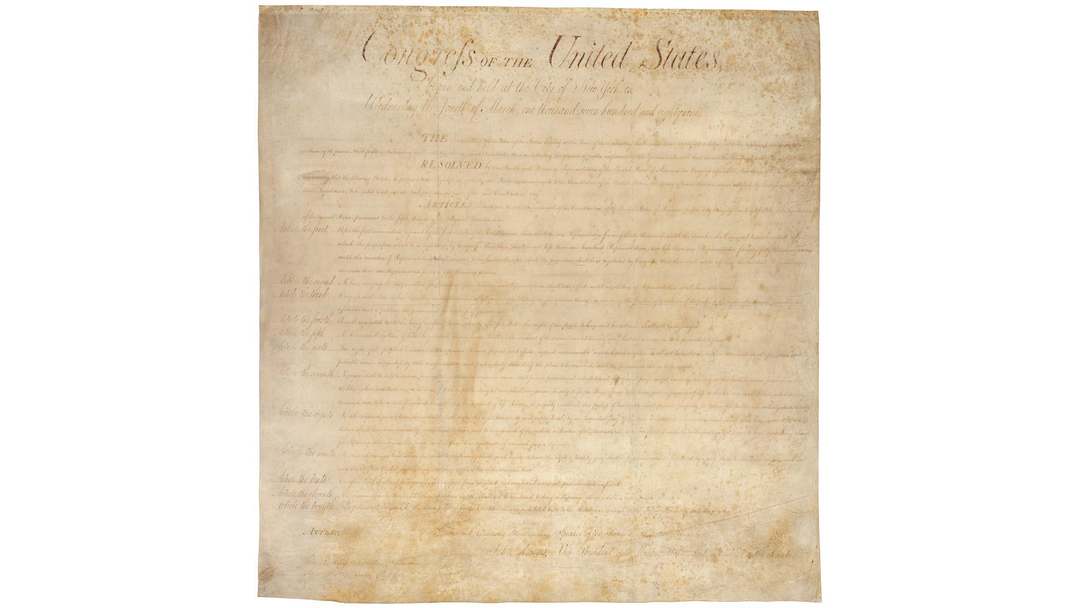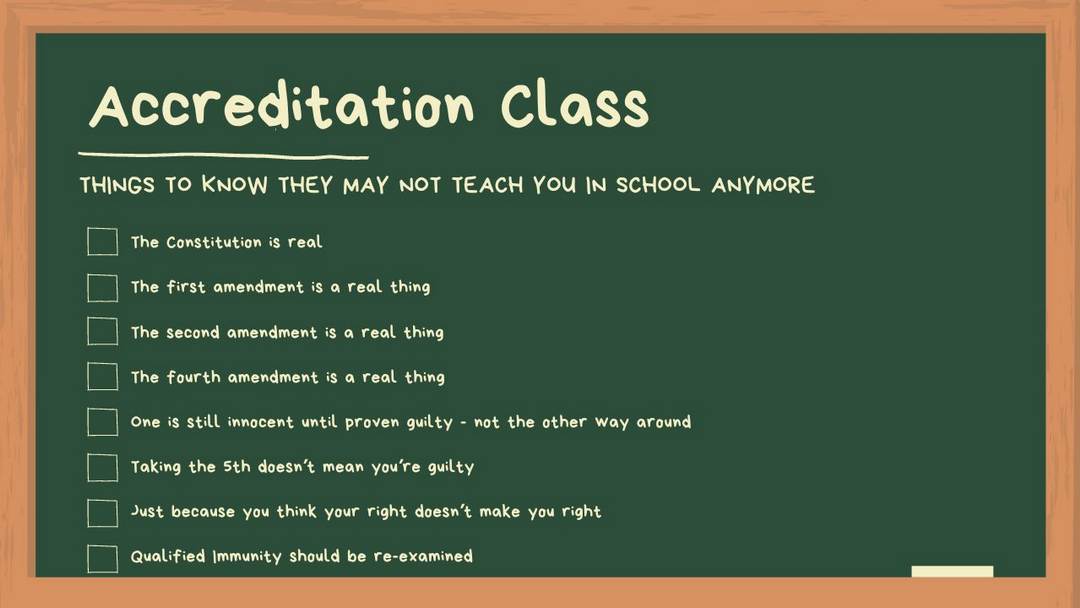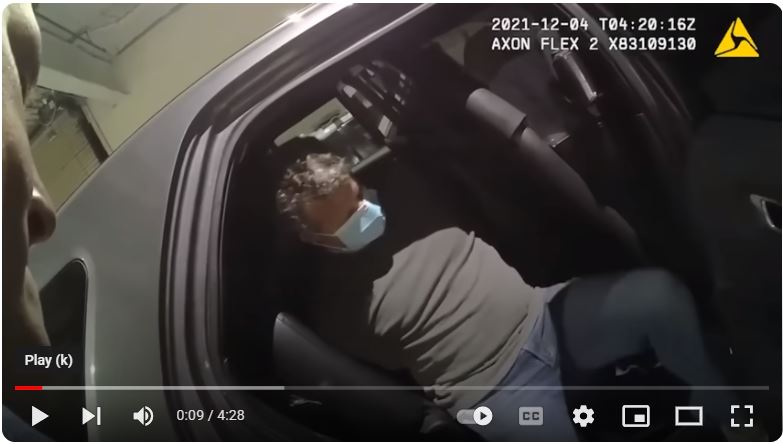Navigating the legal system can be daunting, especially when it comes to understanding the rules governing evidence.
This article sheds light on the first six articles of the Michigan Rules of Evidence (MRE), providing a helpful summary for legal professionals, litigants, and anyone interested in gaining insights into how evidence is handled in Michigan courts.
Rule 101: Scope and Definitions
Firstly, MRE 101 establishes the scope of the rules, specifying that they apply to all proceedings in Michigan courts, with exceptions outlined in Rule 1101. It also clarifies key terms like “civil case” and “record,” ensuring consistent interpretation throughout.
Rule 102: Purpose
MRE 102 sets the guiding principle for interpreting the rules: fairness, efficiency, and truth-seeking. It emphasizes administering proceedings justly, minimizing unnecessary cost and delays, and ultimately, ensuring accurate outcomes.
Rule 103: Rulings on Evidence
This rule outlines how to preserve objections and offer proof. To challenge a ruling admitting evidence, a party must object promptly, state the specific reason, and offer a motion to strike. In case of exclusion, the party must inform the court of the evidence’s content through an offer of proof, unless already clear from the context.
Rule 104: Preliminary Questions
MRE 104 addresses situations where the judge must decide a preliminary question, such as witness competency or hearsay exceptions, before determining whether evidence is admissible. The rule allows both parties to present evidence on the preliminary issue, ensuring a fair and informed decision by the judge.
Rule 105: Limiting Admissibility
This rule acknowledges that some evidence, though relevant, might be prejudicial or confusing. MRE 105 empowers the judge to limit the admissibility of such evidence in various ways, like allowing only specific portions, instructing the jury, or imposing an “admonition” to disregard certain aspects. This ensures a balanced presentation of evidence that focuses on the relevant issues.
Rule 106: Remainder of or Related Writings
Finally, MRE 106 addresses situations where a party introduces part of a writing or recording. This rule grants the opposing party the right to introduce any other portion or related document that provides context and fairness. This prevents distortion and ensures the jury hears the complete picture.
Conclusion
These six initial rules of the MRE lay the foundation for a fair and efficient legal system in Michigan. By understanding their purpose and application, individuals can navigate the courtroom with greater confidence and contribute effectively to the pursuit of justice.
Important:
This article provides a simplified overview of MRE 101-106 for informational purposes only. It should not be interpreted as legal advice. When facing legal matters, always consult with a qualified attorney for professional guidance. It is suggested that you read the unsummarized rule. Here is the link to the Michigan Rules of Evidence Handbook
Have your rights been violated?
Have your driving priviledges been revoked?
Has your professional license been suspended?
Have you been charged with a crime?
Call our office to see if we can help
Komorn Law 248-357-2550
Related Articles
No Results Found
The page you requested could not be found. Try refining your search, or use the navigation above to locate the post.
More Posts

Legal Consequences of Rescheduling Marijuana – 2024
Legal Consequences of Rescheduling Marijuana Jan 2024 a report from the Congressional Research Service.

Scientists Discover The Reason Cannabis Causes The Munchies
For the first time, scientists have uncovered the precise neurological impacts of cannabis use that give rise to the phenomenon famously referred to as the "munchies," as revealed by an innovative study backed by federal funds. Researchers at Washington State...

Maker of CBD products asks court to decide
The Petitions of the Week column highlights a selection of cert petitions recently filed in the Supreme Court. A list of all petitions we’re watching is available here. Organized crime, from the mafia to small-time money laundering schemes, often evades criminal...

Transcription of the 1789 Joint Resolution of Congress Proposing 12 Amendments to the U.S. Constitution
This information was taken from archives.gov. One should assume it is factual... but assuming information is a fact is a perilous assumption. Here is what you paid for... Transcription of the 1789 Joint Resolution of Congress Proposing 12 Amendments to the U.S....

New laws for 2024 – Buckle Up
States nationwide will welcome the upcoming year with the implementation of laws tackling crucial matters such as gun violence, book bans, and the introduction of gender-neutral toy sections. These legislative advancements are set to take effect throughout 2024,...

Biden Issues More Cannabis Pardons but…
Joe Biden has extended pardons for individuals charged with simple cannabis possession and use, yet disappointingly, he has refrained from granting clemency to those currently incarcerated for cannabis-related offenses.In an extension of the previous year's extensive...

Working With and Not Against, IRS Revenue Code 280E
Cannabis operators face IRS Revenue Code 280E restrictions, but smart tax planning and strategies allow entrepreneurs to mitigate its impact on their business.Komorn Law is Michigan's top cannabis law firms when it comes to licensing, consulting and legal defense....

Department of Attorney General Prepares for MLEAC Accreditation
LANSING – The Michigan Department of Attorney General (DAG) recently welcomed a team of assessors from the Michigan Law Enforcement Accreditation Commission (MLEAC). The assessors came to examine all aspects of the Department’s compliance with the MLEAC standards in...

Oklahoma’s wild marijuana market is about to shrivel
The world's weed market, once booming with nearly 14,000 licensed medical marijuana businesses at its peak, has experienced a steady decline since Oklahoma voters overwhelmingly rejected a recreational legalization referendum in March. Heightened enforcement by state...

400K settlement after being arrested for a DUI, even though he passed breath and blood tests
A Colorado man is poised to receive a $400,000 settlement from city authorities after being wrongfully arrested for a DUI, even though he had passed both a breath and blood test.According to the complaint, Elias was driving southbound on College Avenue in Fort Collins...








